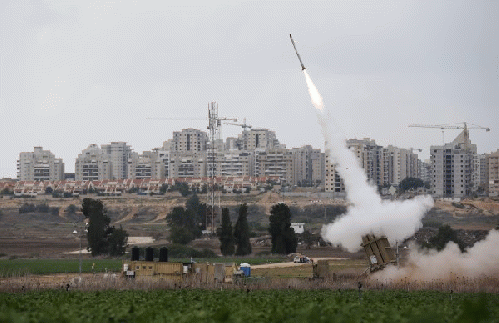Ukraine's Going to Get a Lot Worse Before it Starts Getting Worse
By William Boardman -- Reader Supported News [1.13.15]
Ukraine war grinds on under ceasefire, no path to peace in sight
Pretty much everything about Ukraine is murky and unreliable these days, and that's before you take into consideration any of the meddling by outside powers playing carelessly with their Slavic pawns. Viewed in their darkest light, the events of the past 20 months (and the past 20 years) reflect an East-West death spiral that is now accelerating, and from which none of the engaged parties show any desire to disengage.
The civil war in eastern Ukraine has continued fitfully since September, when the parties signed a ceasefire known as the Minsk Agreement. The ceasefire has often been more honored in the breach than the observance, but overall it has led to considerably less bloodshed, especially among civilians, than the previous six months fighting. In the spring of 2014, the level of killing escalated sharply, at U.S. urging, when the newly-installed coup government in Kiev chose to attack rather than negotiate with the self-proclaimed People's Republic of Donetsk and People's Republic of Luhansk (now joined in the self-proclaimed federal state of Novorossiya). So far, only the Republic of South Ossetia has recognized these Ukrainian "republics" as independent countries. Only Russia, Nicaragua, Venezuela, and Nauru recognize South Ossetia, which declared its independence from Georgia in 1990, but secured it only in 2008 with the help of Russian intervention.
By comparison, the much smaller Republic of Kosovo, which declared its independence from Serbia in 2008, quickly secured that independence thanks to American and NATO military intervention, illustrating the double standard applied by the international community to questions of "territorial integrity" and "sovereignty." Landlocked Kosovo, population about 1.8 million, is now recognized by 108 UN member countries, including the U.S., Canada, most of Europe, Saudi Arabia, Afghanistan, and Yemen.
During the summer of 2014, the Ukrainian military captured much of the territory of the Republics of Donetsk and Luhansk and other separatist-held areas, but at significant cost to the civilian population. An estimated 2.8 million ethnic Russians have emigrated from Ukraine to Russia during the past year. The Ukrainian army's advance was halted by Russian military support to the Republics that Russia denies it provided, just as the U.S. and other NATO countries deny the support they have given Ukraine. The two Republics now hold about 3 million people and have access to the Black Sea along the southern border.
Does anyone really want a settlement in Ukraine?
Next Page 1 | 2 | 3 | 4 | 5 | 6
(Note: You can view every article as one long page if you sign up as an Advocate Member, or higher).






